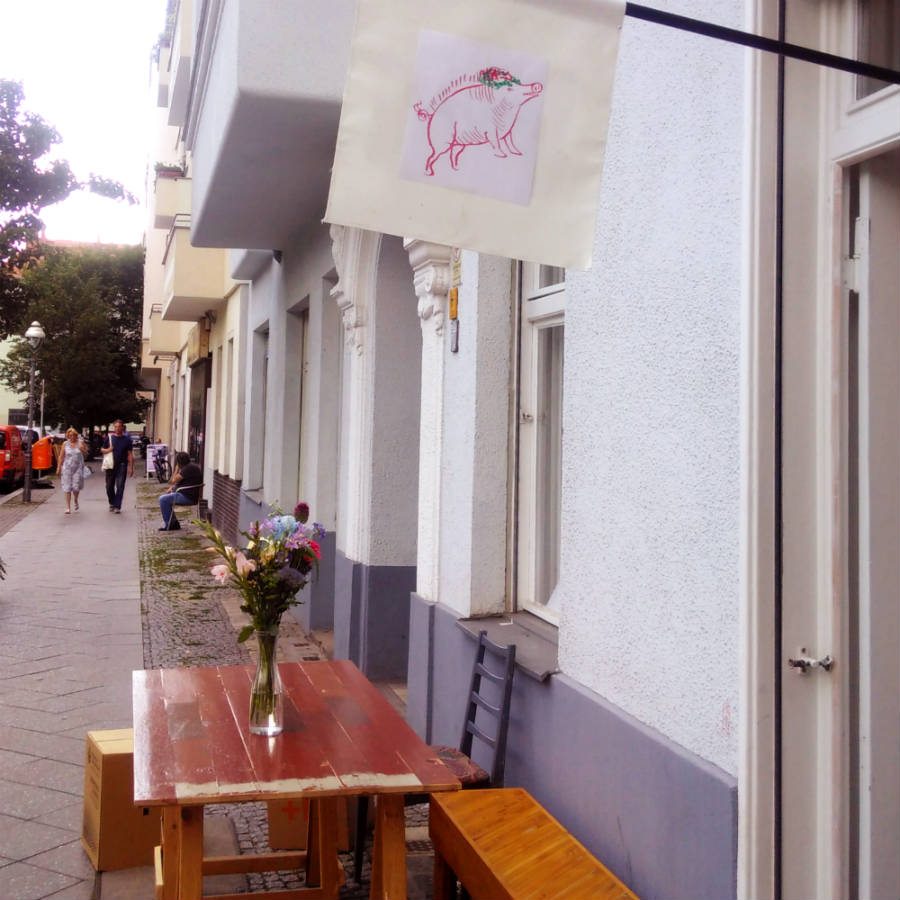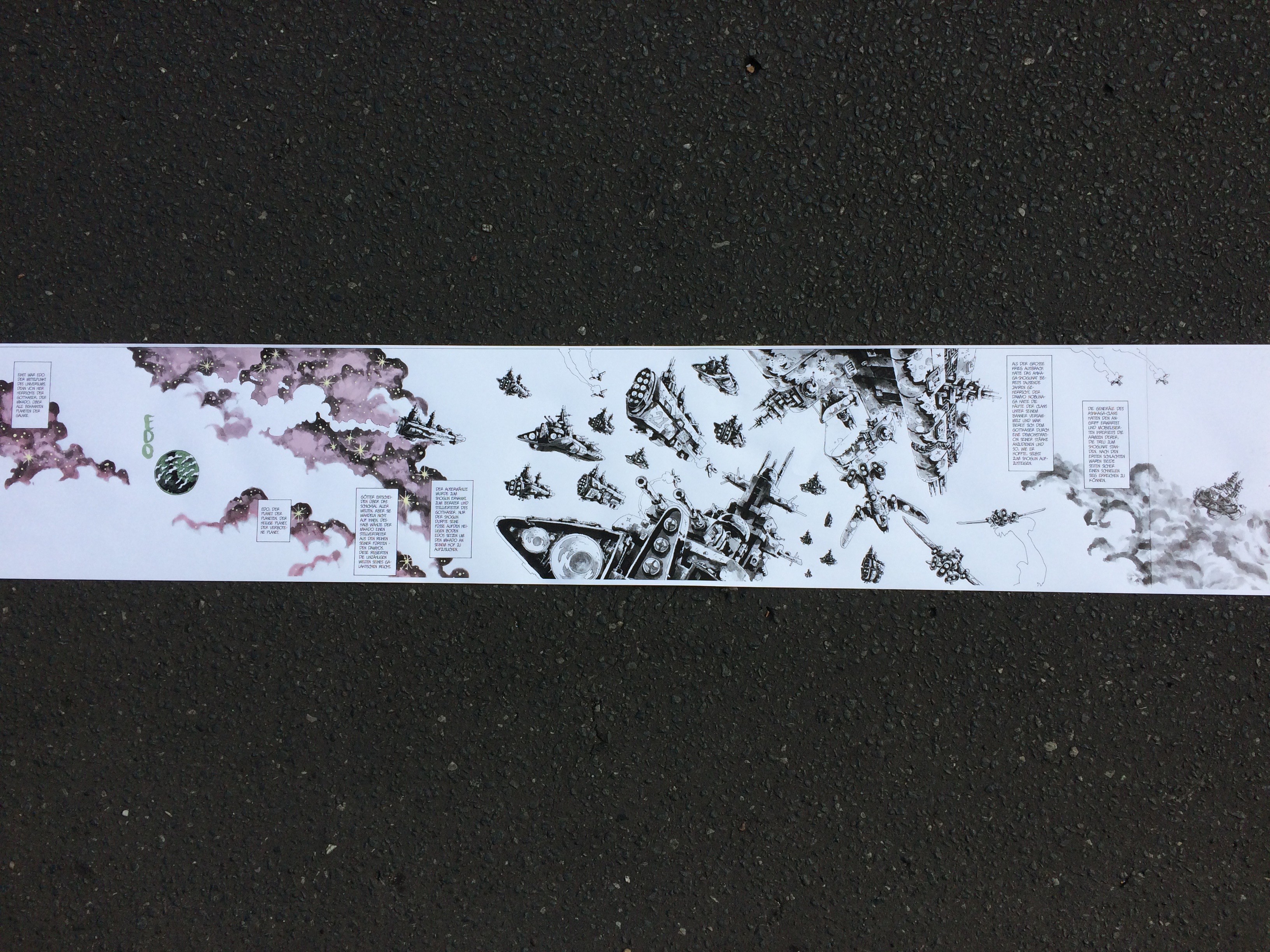
The German language has a plethora of sayings drawing comparisons with pigs. Crazy driving? You drive “like a singed pig”. You threw a party and nobody came? “Not a swine was there”. You go wild and have crazy fun? “You let the hog out”!
What else can this signify but a major influence of said animal on German culture? So it probably shouldn’t come as such a surprise that one of the first ever German comics had for its main character … exactly.
When Ludwig Emil Grimm set his mind to drawing a story about “the especially loving and peculiar pig from Ihringshausen”, not even the notorious brevity of an average pig’s lifespan – potentially quite a threat to storytelling – could deter him. Sure, realistically, it’s hard to avoid death by slaughter when narrating the life of a domestic pig – but why let this get in the way of a good story?
So with a pointed pen and a lot of black humor, he went on to describe the life of a swine from the stable to the grave, or, well, local butcher … and beyond! Terminating only in what just might be the first ever autobiographical account by a pig in literature (post-mortem, too). The result? A story that’s as absurd as it is amusing, with beautifully executed, amazingly detailed drawings proving Grimm to have been not only a master of his craft but also a keen observer of his contemporaries’ foibles and quirks.
Once the hog is slaughtered and every single part from its ears to its hoofs turned into mountains of delicacies, us modern readers cannot help but make the comparison with the way we consume meat today. While of course even back in Grimm’s days not every swine was deserving of a comparable sendoff as the pig from Ihringshausen, which was famously especially peculiar, meat definitely was treated much more like a special luxury, and the animal providing it with considerable respect.
So it made sense that we celebrated the release of the book with a barbecue with our friends from Meine kleine Farm, the “online butchery” with a mission: Happier pigs, happier farmers, happier eaters, better food. If people realise what, no, who they eat, they’ll support farmers that take good care of their animals. Resulting in a quality of meat that will then again benefit the consumer. Less meat, more respect!
We’re pretty sure the Sau from Ihringshausen would approve.

